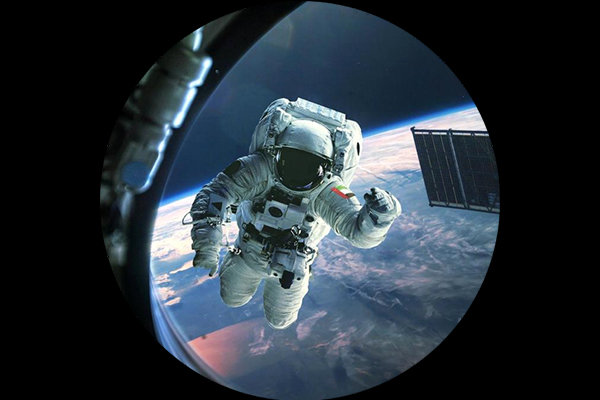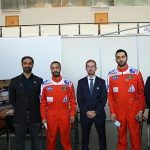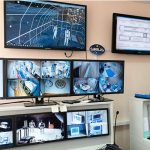The candidates must be Emirati nationals between the ages of 28 and 55 and able to communicate in English.
 The Mohammed bin Rashid Space Centre (MBRSC) has opened registration for the Analog Mission#1, an eight-month mission in Moscow as part of preparations for the UAE’s plans to colonise Mars.
The Mohammed bin Rashid Space Centre (MBRSC) has opened registration for the Analog Mission#1, an eight-month mission in Moscow as part of preparations for the UAE’s plans to colonise Mars.
The UAE Analog Mission#1, which is part of the Mars 2117 Programme, studies the effects of isolation and confinement on human psychology, physiology and team dynamics to help prepare for long-duration space exploration.
The mission is part of the Scientific International Research In Unique Terrestrial Station (SIRIUS) SIRIUS 20/21 conducted in an analogue facility in Moscow.
The Mars 2117 Programme aims to establish human colonies in Mars by 2117. By simulating space-like conditions on Earth, Analog missions enable space scientists to conduct experiments, develop countermeasures for space-hazards, and test new technologies that are designed for space.
Preferred occupations include physicians, medical investigators, physiologists, biologists, life-support specialists, and IT and electronics professionals. Shortlisted candidates will be reviewed and interviewed, and the finalists will undergo various tests, after which, the final members of CrewONE will be announced.
Speaking about the UAE’s first analog mission, HE Yousuf Hamad AlShaibani, Director General, MBRSC, said: “Guided by the futuristic vision of HH Sheikh Mohammed bin Rashid Al Maktoum, Vice President and Prime Minister of the UAE and Ruler of Dubai, MBRSC is leaving no stones unturned in developing Emirati capabilities and technologies that will be instrumental in our ultimate goal of sending humans to Mars. We invite ambitious Emirati candidates who dream of making their contribution to the global efforts in space research and exploration.”
Adnan AlRais, Mars 2117 Programme Manager at MBRSC, added, “We will conduct a series of behavioural experiments, the results of which will enable us to better prepare for crewed missions to Mars. The participants will be confined within the laboratories for the duration of these experiments and carry out various experiments and simulated tasks. We are looking forward to the outcome of these results as it will enable us to better understand the effects of isolation and confinement on the human body and mind.”












































































